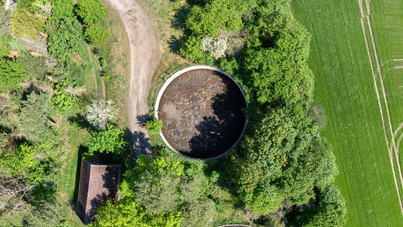Author
The recent case of R. (on the application of Cathie) v Cheshire West and Chester Borough Council [2022] provided some interesting insight into judicial consideration of the National Planning Policy Framework.
Background
The Claimant resides in a property which was part of a farm owned by the current farmers (“Interested Parties”) until 1987. In April 2020, the Defendant, Cheshire West and Chester Borough Council, granted retrospective conditional planning permission for a reception (slurry) pit and slatted yard at the farm. Odour from the slurry pit had been a continuous source of contention between the Claimants and the Interested Parties. Condition 2 of the retrospective conditional planning permission required the Interested Parties to submit an odour management plan (“OMP”) within a month of grant of the permission. In early November 2021, the Defendant discharged Condition 2, which the Claimant subsequently challenged.
His Honour Judge Bird found for the Defendant on all grounds.
Consideration
The National Planning Policy Framework states that “planning conditions should be kept to a minimum and only imposed where they are necessary, relevant to planning and to the development to be permitted, enforceable, precise and reasonable in all other respects” (emphasis added). The Court’s approach is that planning conditions should be interpreted “so as to impose no more than “reasonable” obligations on the Interested Parties”.
For example, Condition 2 required decisions to empty the slurry pit to be “informed” by the weather. It was found that the need to demonstrate “best practice” in respect of “all measures to be employed to minimise odorous emissions from the reception pit…” cannot be read in a way that imposes unreasonable requirements on the interested parties such as to only empty the slurry pit when wind conditions are favourable. Therefore, other factors can properly be considered when making that decision.
His Honour Judge Bird found that the OMP proposed a “satisfactory” solution to the impact of the farming operations on the Claimant’s property, and that a satisfactory solution does not need to be an ideal solution. He also noted that imposing any additional obligations on the Interested Parties, as was the claimant’s position, would have placed an unjustifiable or disproportionate financial burden upon them.


